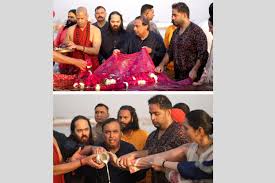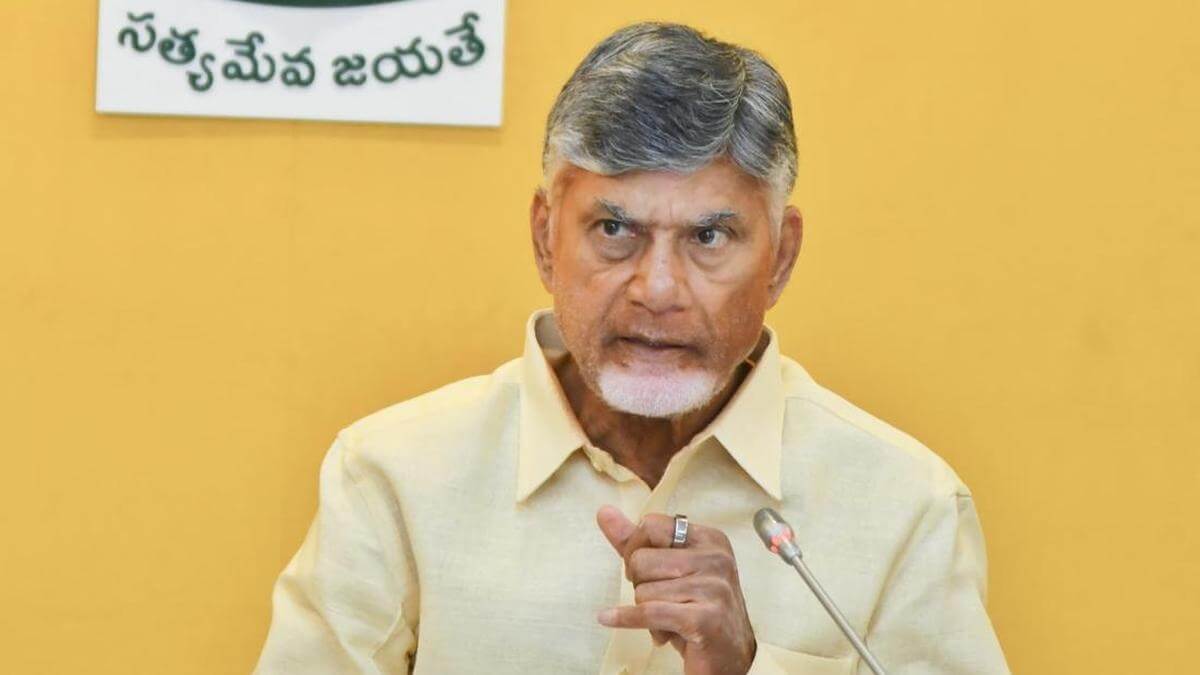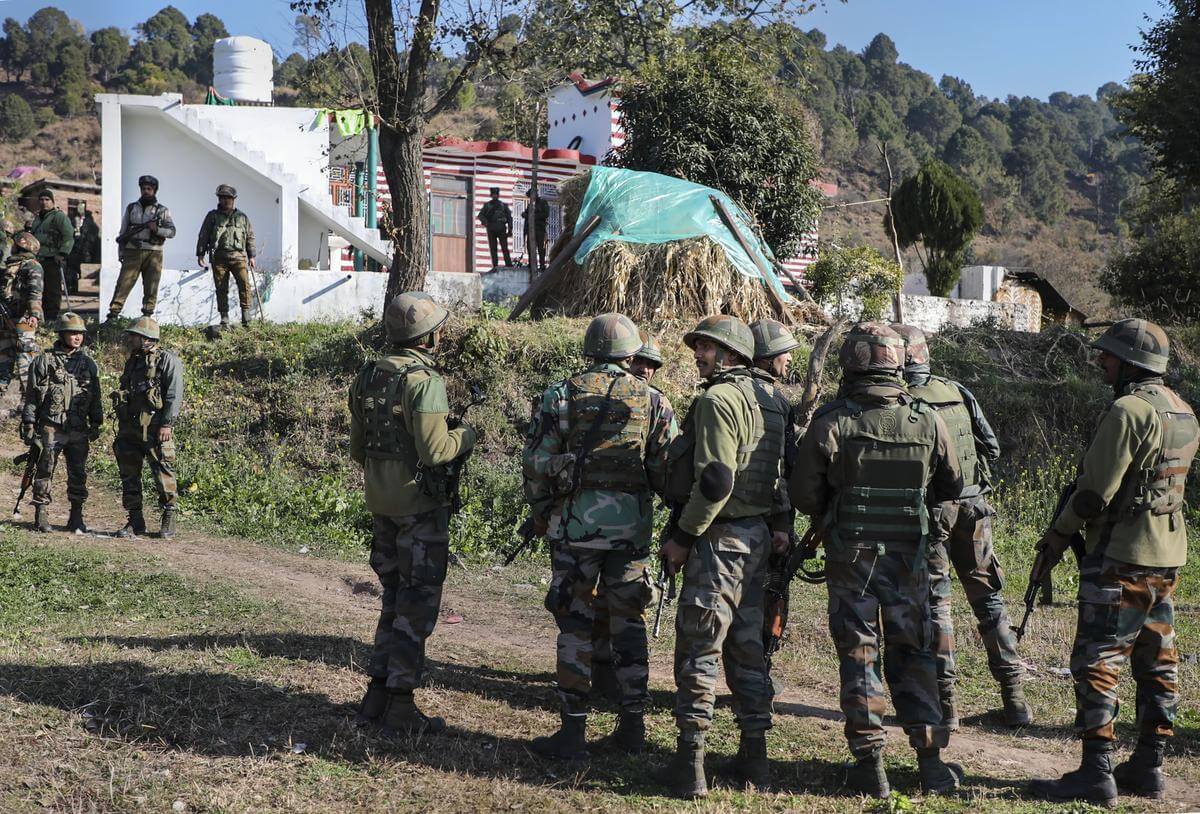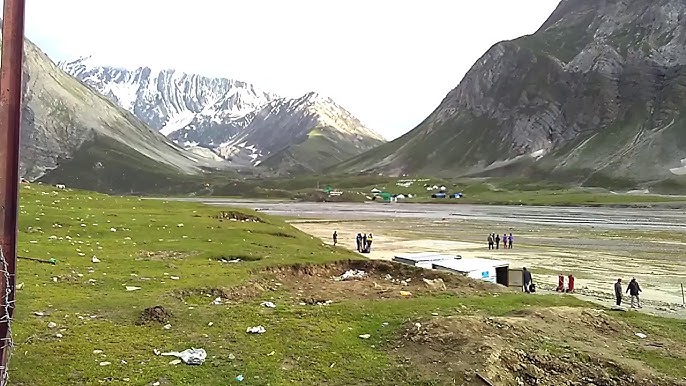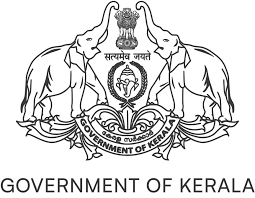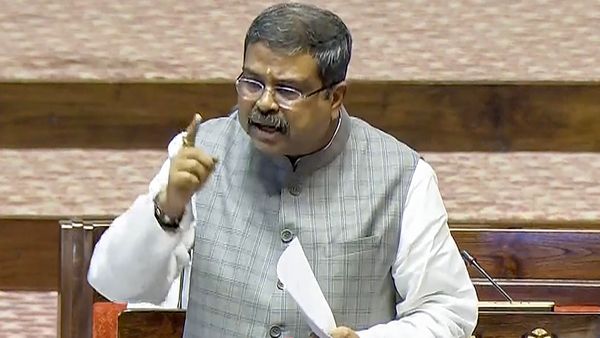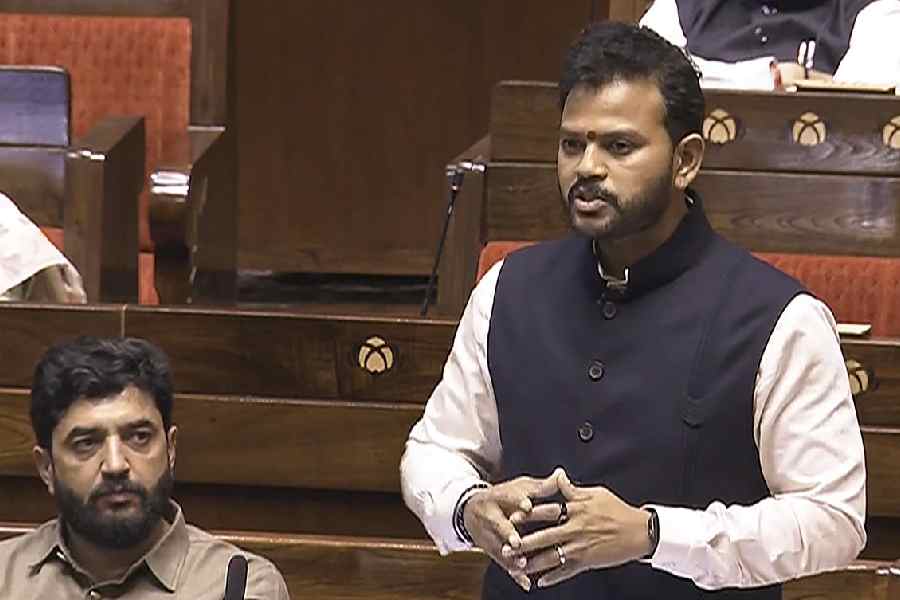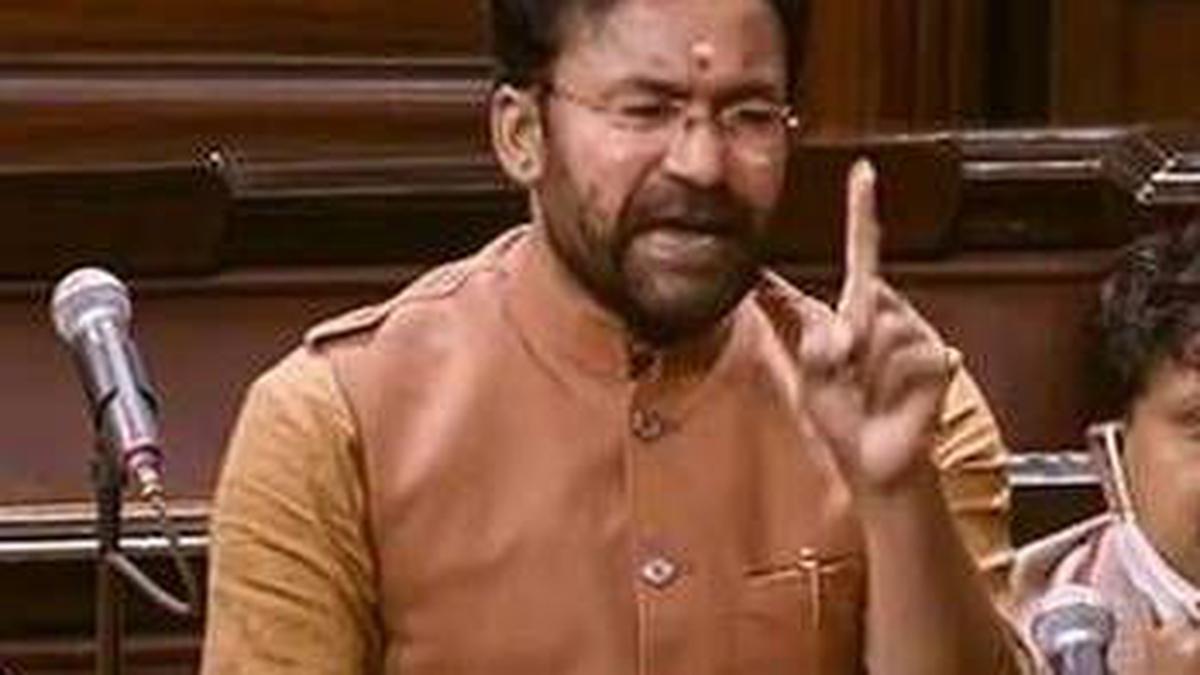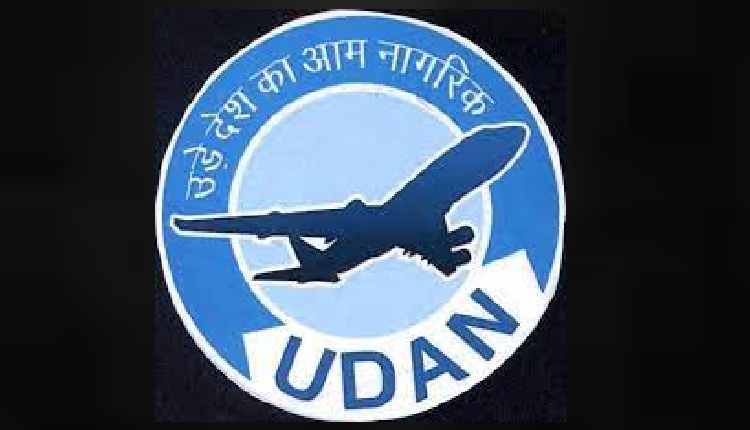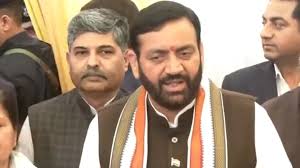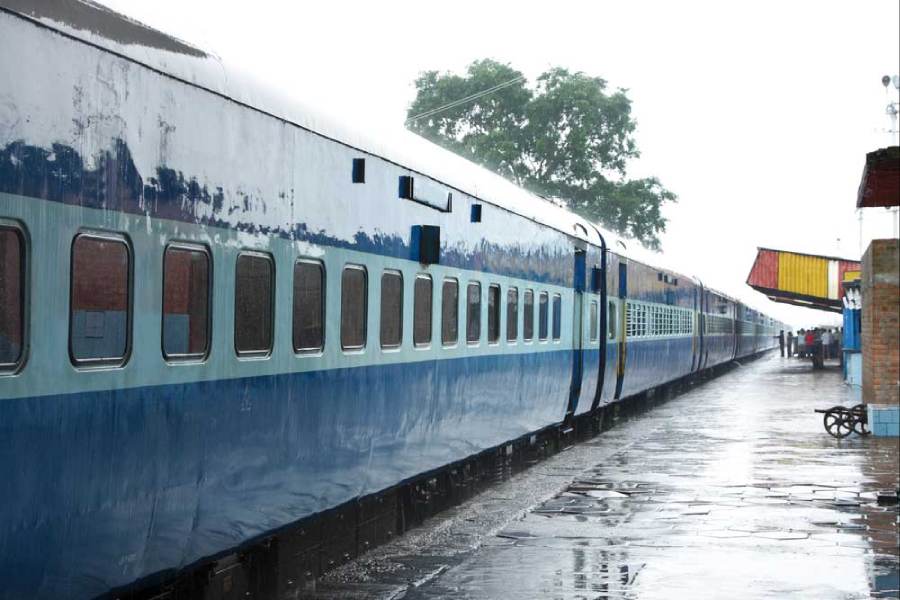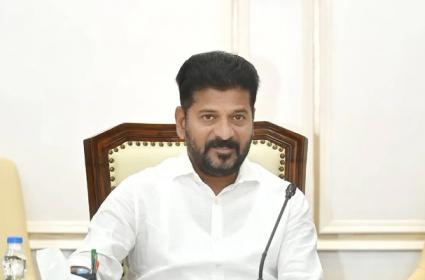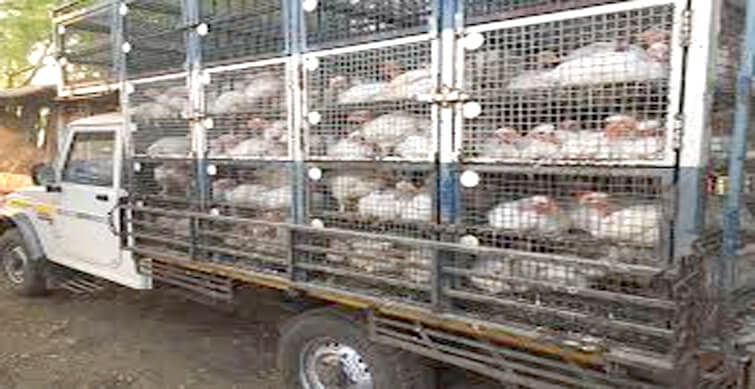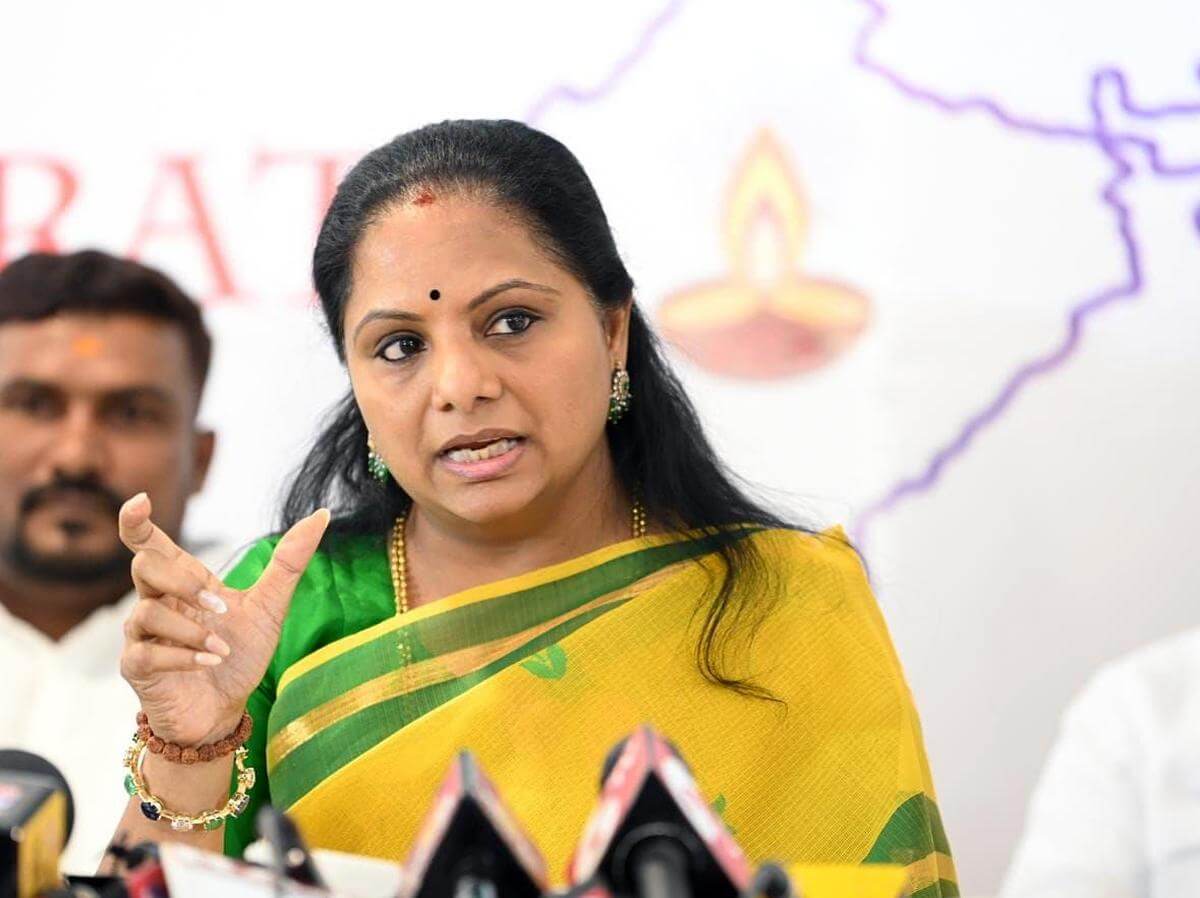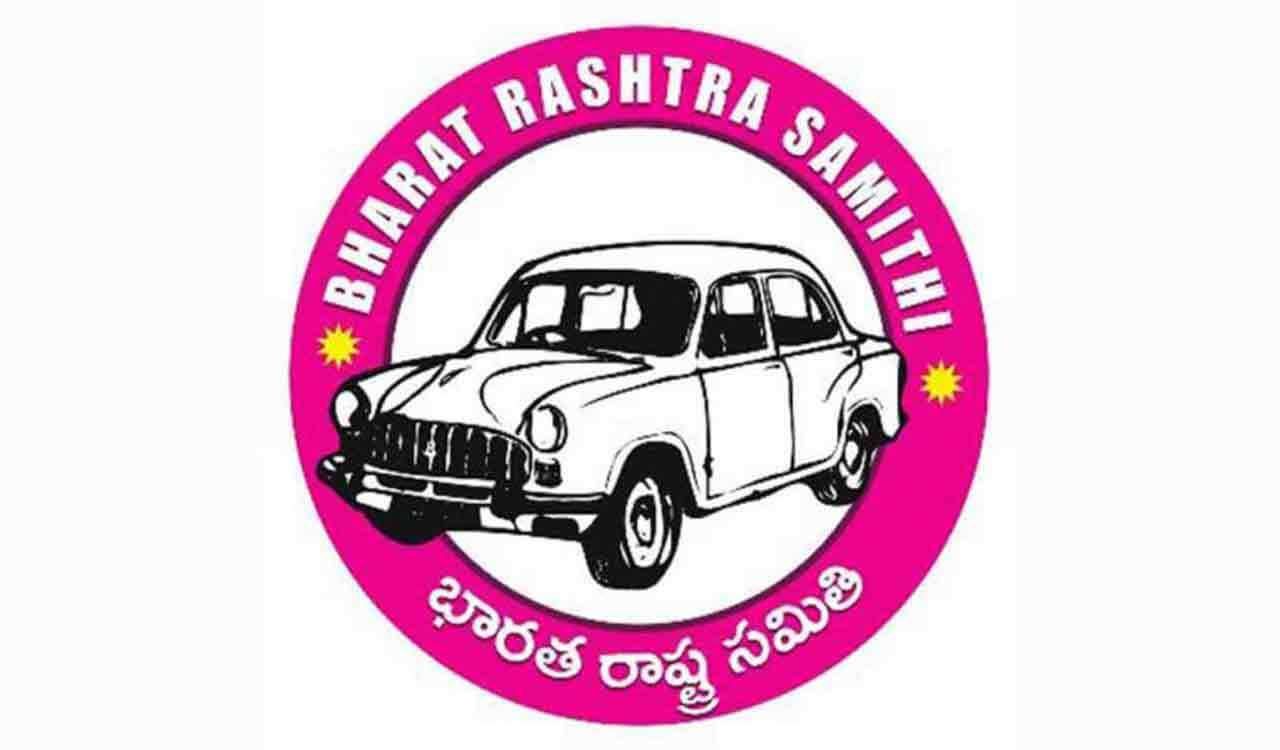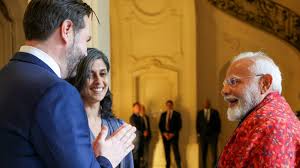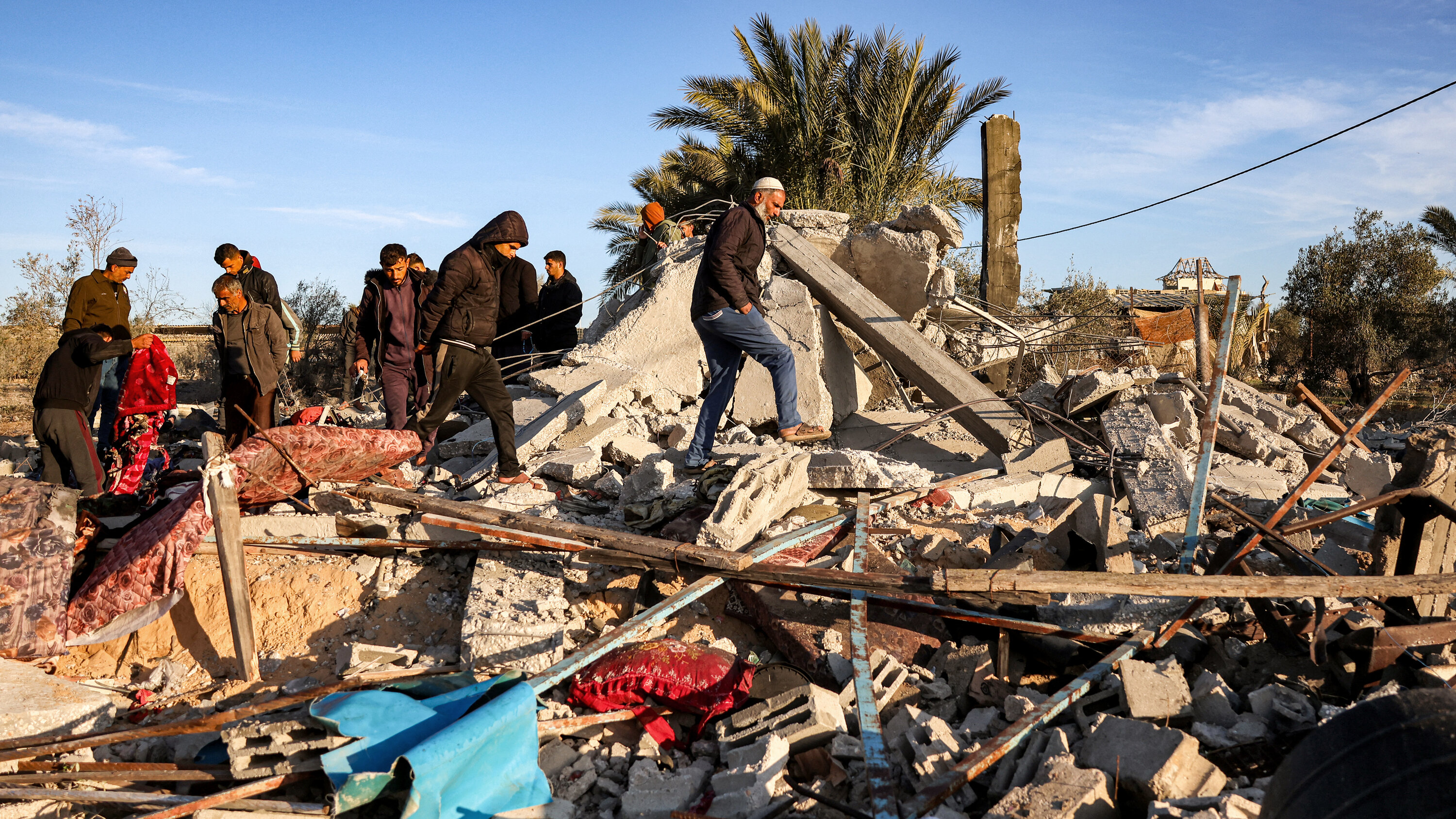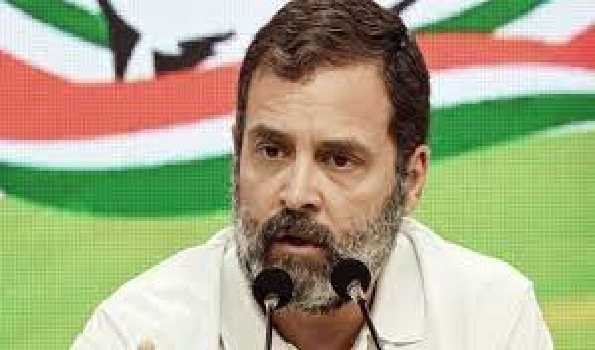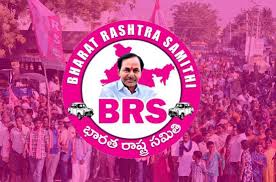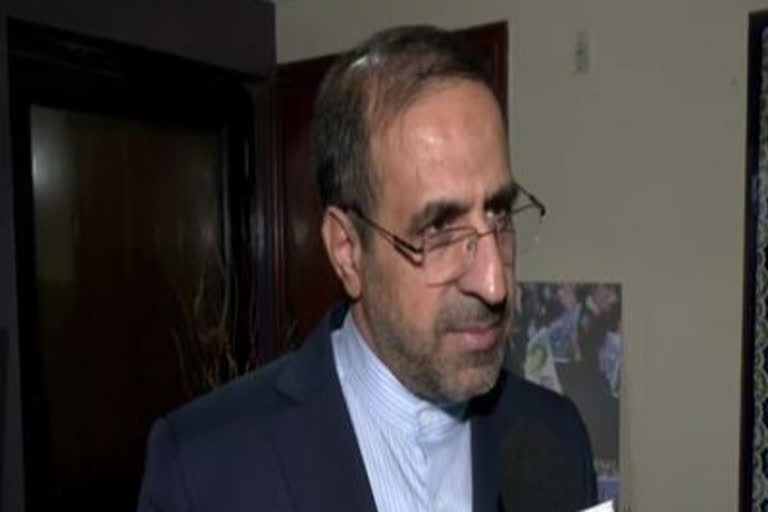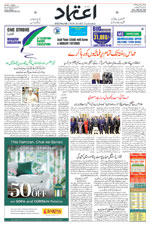Ayodhya Muslims reject 5-acre land proposal
Mon 11 Nov 2019, 16:50:08
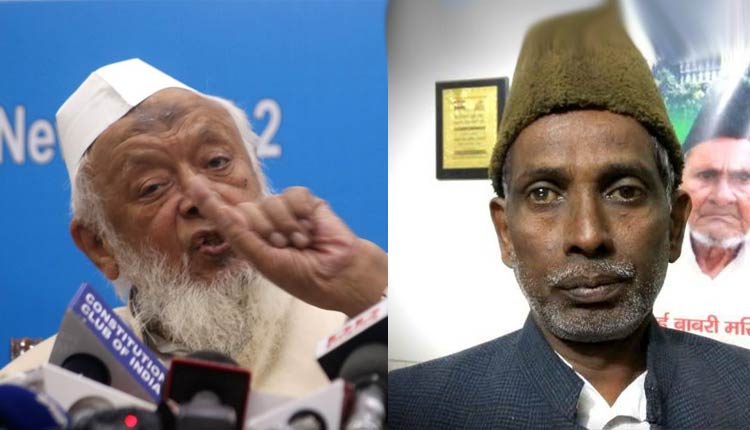
Ayodhya: Prominent Muslims in this holy town have expressed reservations about accepting the five-acre land, as decided by the Supreme Court in its verdict on November 9 allotting 67 acres of the entire acquired area for the Ram temple.
Maulana Badshah Khan, president of Jamiat Ulema-e-Hind in Ayodhya who was a party in the Babri Masjid-Ram Janmabhoomi case from the Muslim side, said: “We fought the case for the Babri Masjid land, not for any other land. We don’t want any other land for mosque anywhere, and instead, we offer that land too for Ram Mandir.”
He said if the Muslims wanted to build a mosque, they could do so. “We can purchase land and build our mosque; we are not dependent on any government. If the court or government wants to assuage our sentiments, then the 5-acre land must be given within the acquired area as land marked as graveyards and a ‘dargah’ was also acquired,” said Maulana Jalal Ashraf, a local cleric.
Iqbal Ansari, who was also the main litigant in the
case, said: “If they want to give us land, they must do so according to our convenience and only in that acquired 67-acre land.”
case, said: “If they want to give us land, they must do so according to our convenience and only in that acquired 67-acre land.”
Dr Yusuf Khan, a Muslim social activist in Ayodhya, said: “There are enough mosques in Ayodhya to take care of our religious needs. Since the apex court has given its verdict in favour of Ram Temple, the issue is closed now.”
Khaliq Ahmad Khan, General Secretary of the All India Milli Council and a party in Ayodhya case from the Muslim side, said: “The government must give us land in the acquired area. There are 16 plots in the acquired area, including the plots of former Babri Masjid and ‘Shilanyas’. This includes a ‘qabristan’ (graveyard), four ‘Qanaati Masjid’ and a mousoleum of the 18th century sufi saint Qazi Qudwa. Some these have been razed”, he added.
Haji Asad Ahmad, Corporator of Ayodhya Municipal Corporation, said: “We don’t want any land in exchange for Babri Masjid. We don’t want donation of land.”
No Comments For This Post, Be first to write a Comment.
Most viewed from National
Most viewed from World
AIMIM News
Delhi Assembly polls: Owaisi leads Padyatra in Okhla
Feb 01, 2025
We reject this Waqf Amendment Bill: Asaduddin Owaisi
Jan 30, 2025
Latest Urdu News
Most Viewed
May 26, 2020
Which team will win the ICC Men's Champions Trophy 2025 held in Pakistan/Dubai?
Latest Videos View All
Like Us
Home
About Us
Advertise With Us
All Polls
Epaper Archives
Privacy Policy
Contact Us
Download Etemaad App
© 2025 Etemaad Daily News, All Rights Reserved.

